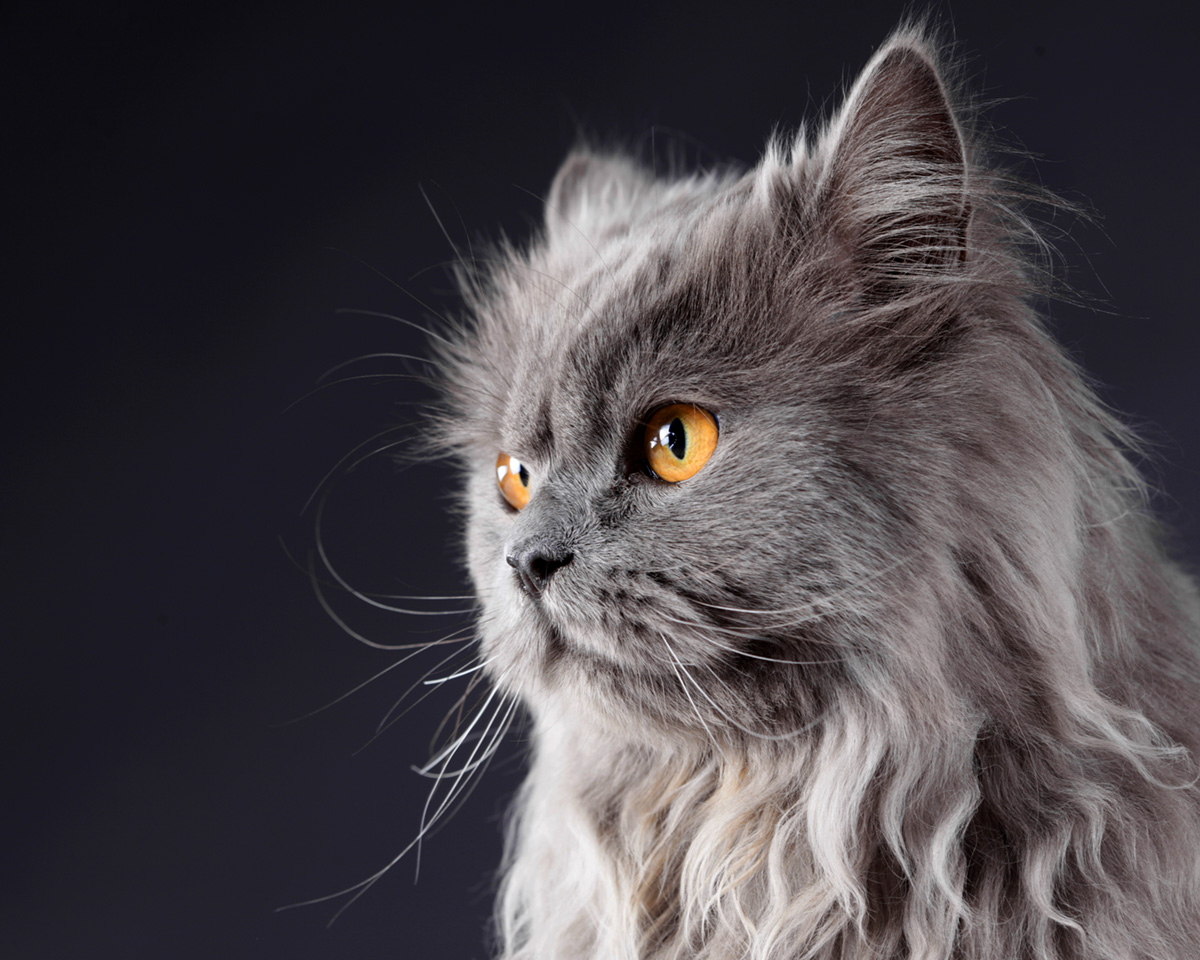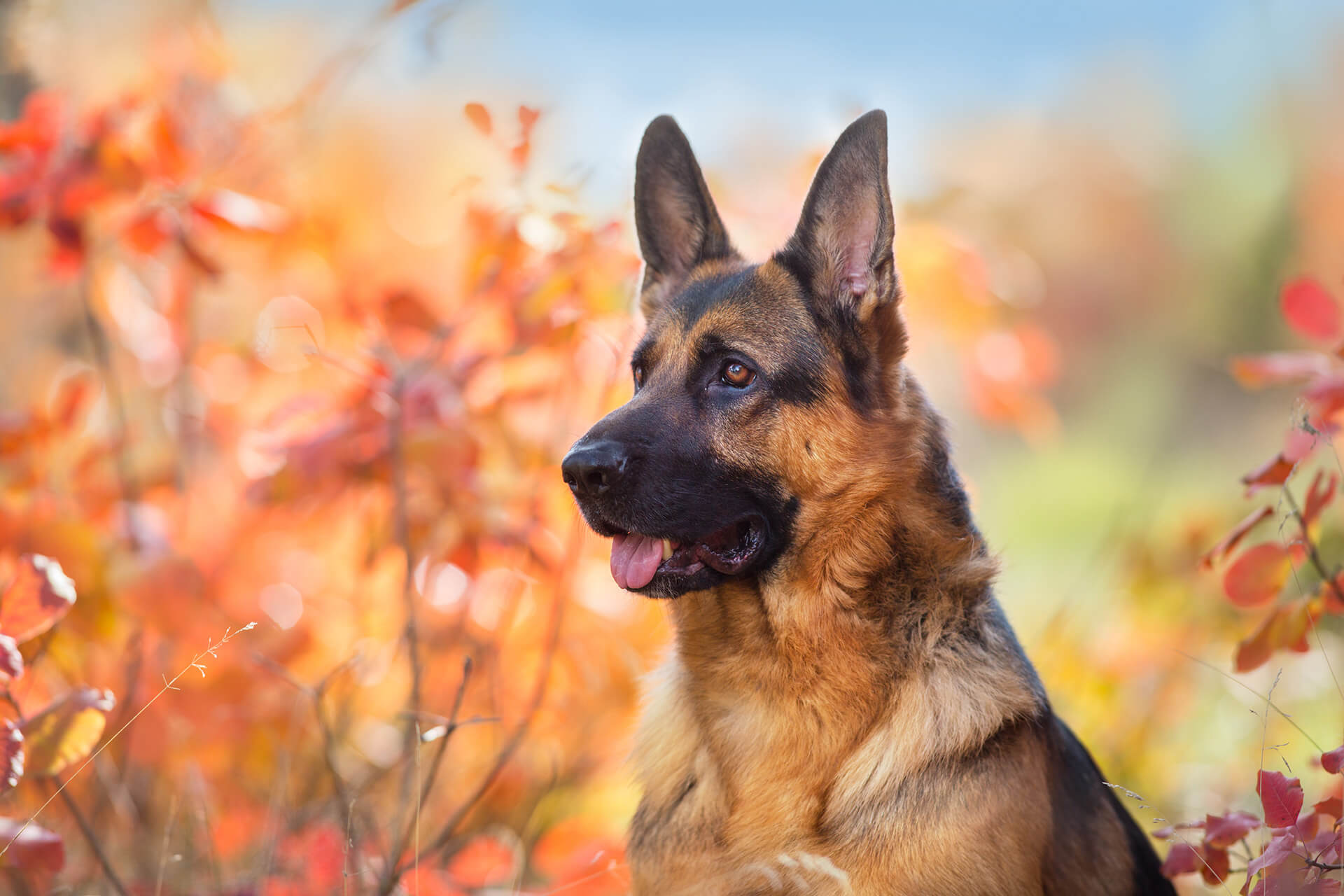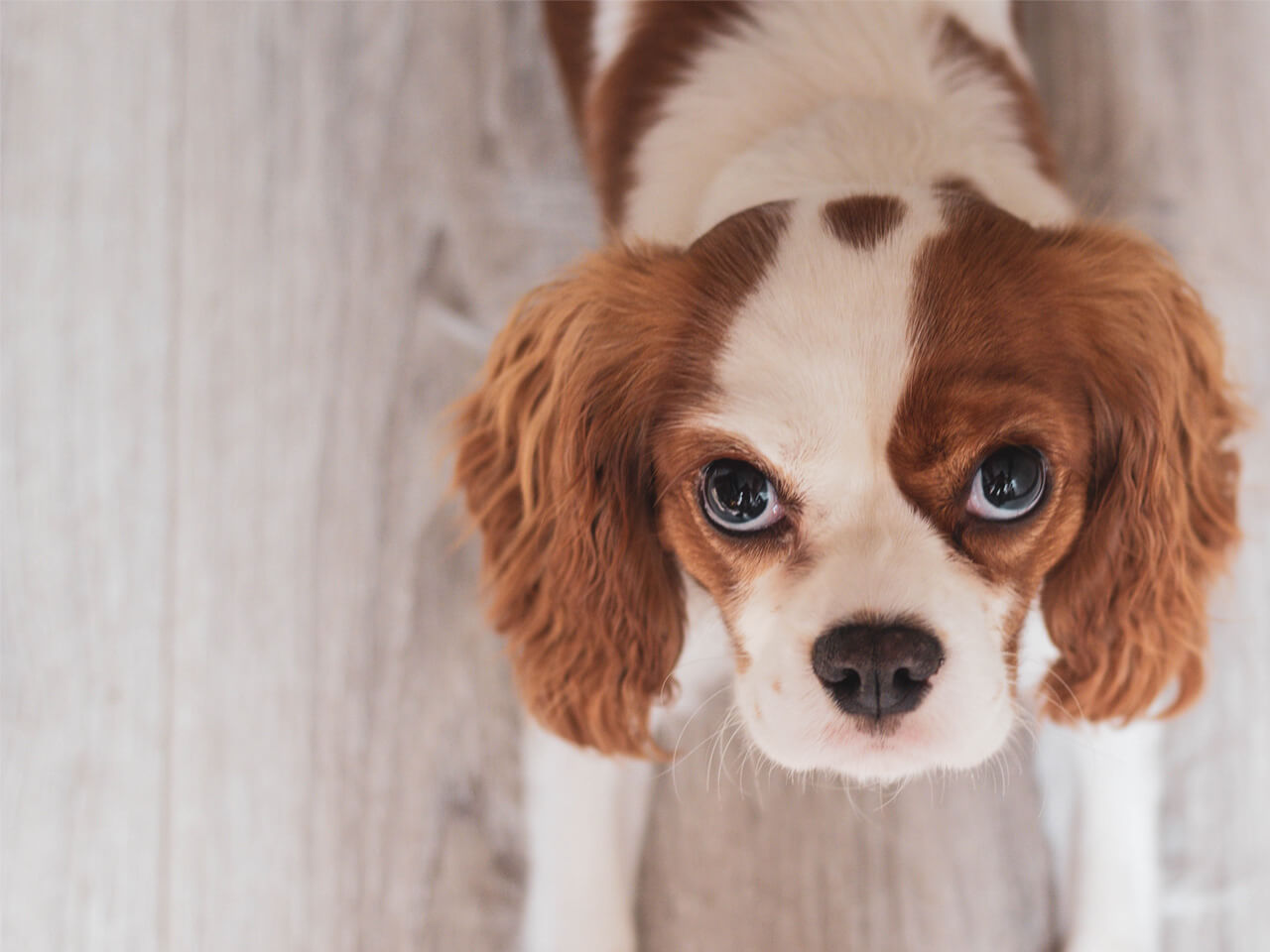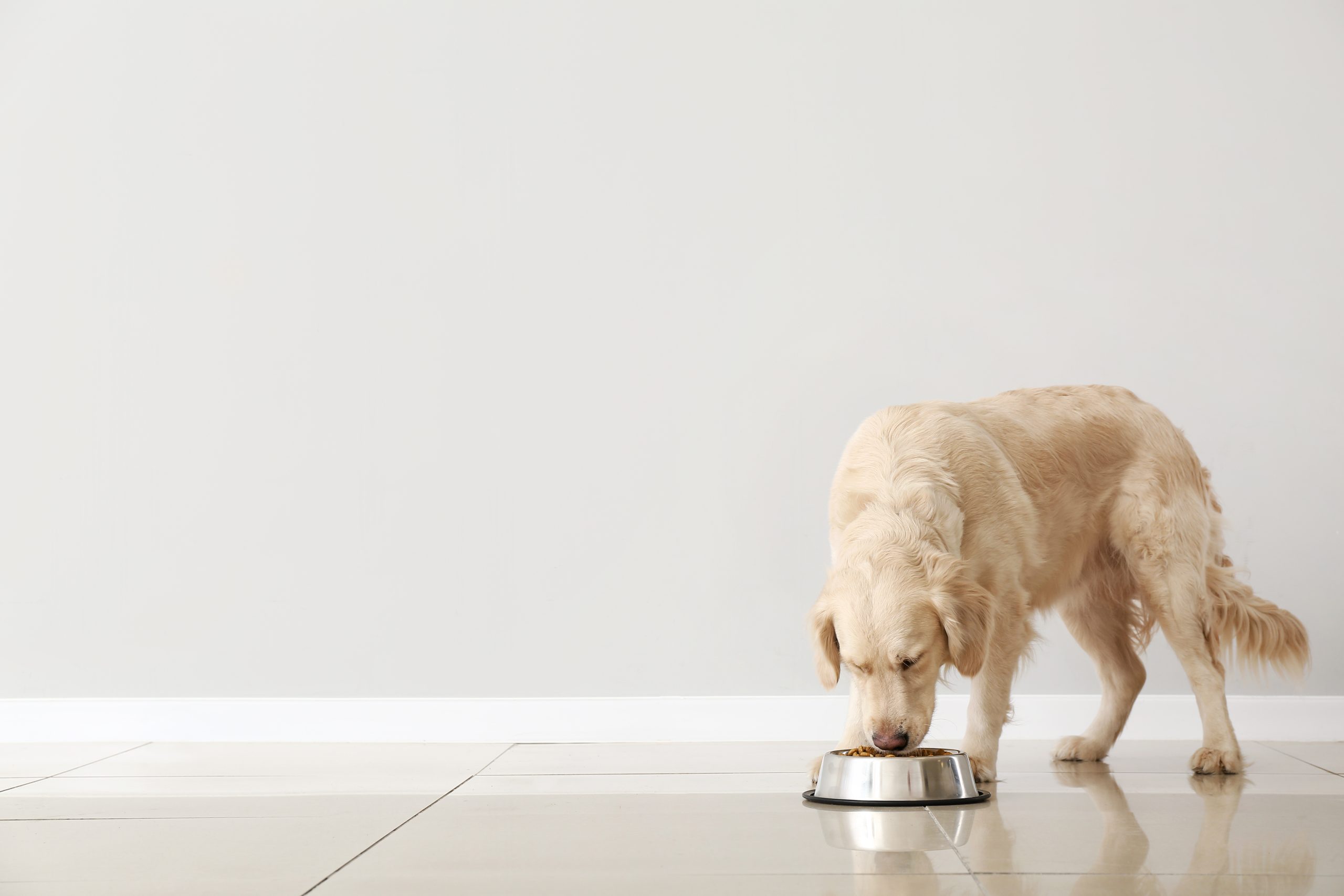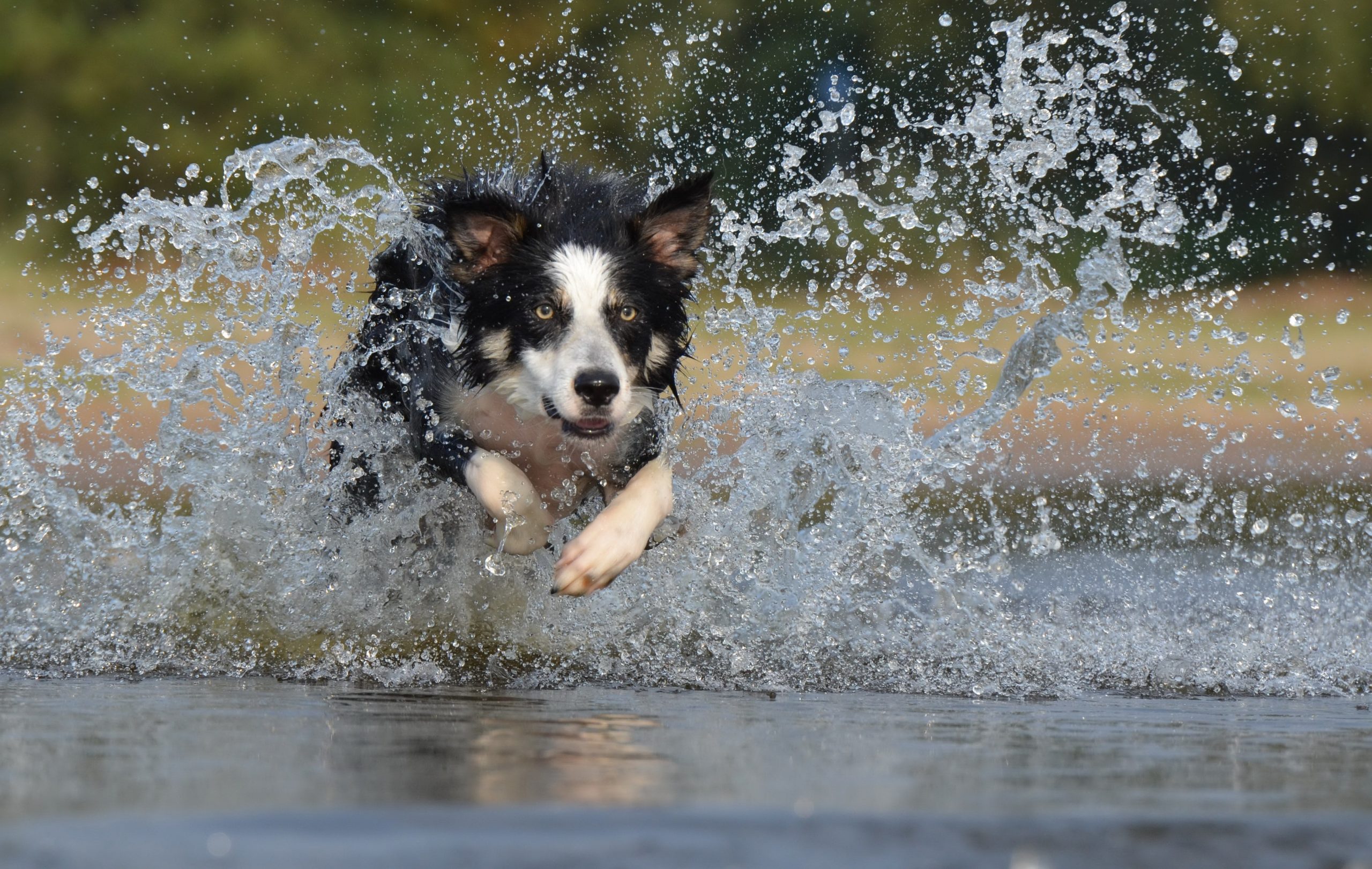The latest from our community
Read our latest news and articles around all things cats and dogs. Plus catch up with our member stories to find out their tips on living with their pets.
- 20% Multi-pet discount
- 24/7 Vet careline
- Claims made easy
- 20% Multi-pet discount
- 24/7 Vet careline
- Claims made easy
Our guide to owning, raising and living with Persian Cats. Everything you need to know about these furry friends, from cost to exercise, health, to insurance.
Cockapoos are one of the most popular crossbreeds in the UK Find out what makes them such family favourites!
Thinking of getting an English Springer Spaniel? We have a range of top tips to help you before you get your new four-legged friend!
Their little legs, long bodies and bold characters have stolen our hearts. We have everything you need to know about feisty Dachshunds.
Find out what makes Labradors Britain’s most loved dog. Learn about their nutrition, exercise and health issues, plus how insurance could help.
Find out about German Shepherds, their cost, health conditions, temperament and much more. Plus how dog insurance could help protect them.
These regal dogs have an interesting history. We have everything you need to know from their history to grooming, costs, exercise and more.
There are seven different categories of dogs which were all bred for different reasons. Have a look at which category your dog falls under.
What cat breed suits you and your family the best? Find out here by filling in a short quiz to find your puuuurfect kitty.
Everything you ever wanted to know about Siamese cats from their health concerns, playful nature, who to follow on Insta and how cat insurance could help.
Pug lover? Then our ultimate guide to owning and raising pugs will tell you all you need to know about them from cost to exercise, health to insurance.
Everything you need to know about these energetic dogs. Bred to herd sheep they have stolen the hearts of their owners across the country.
